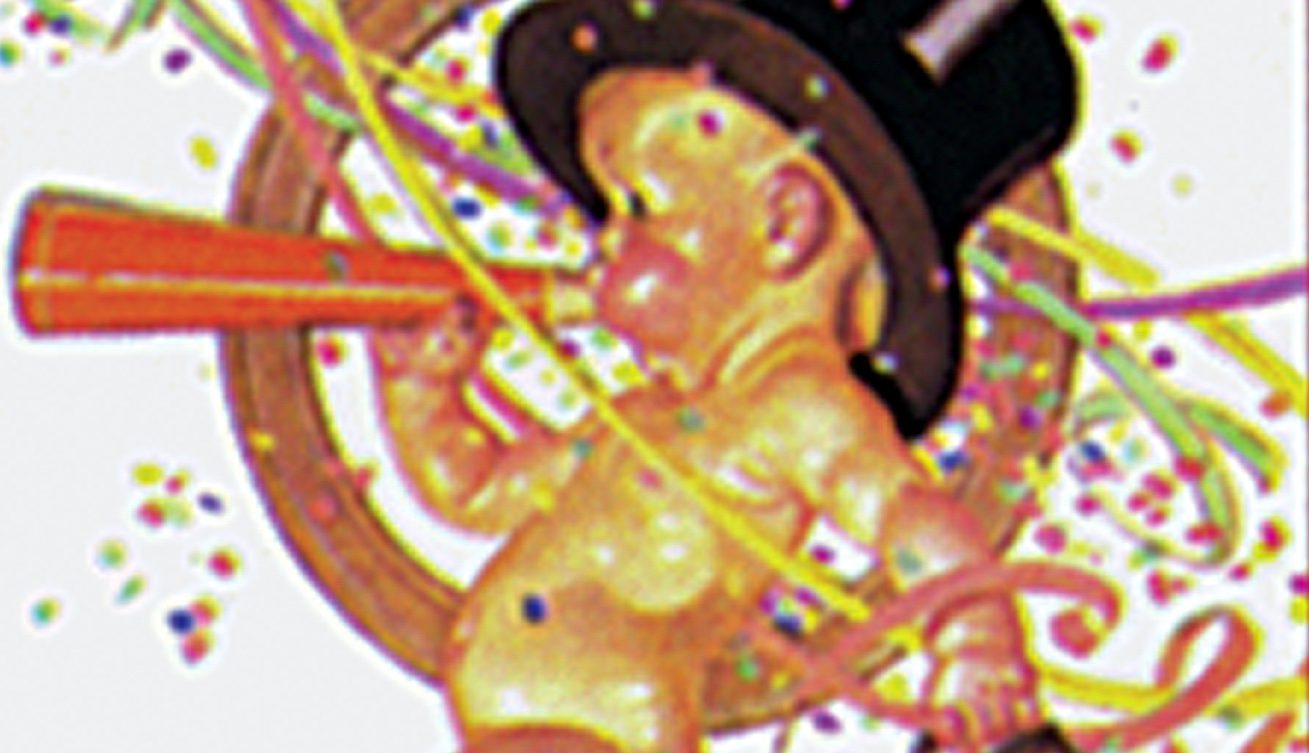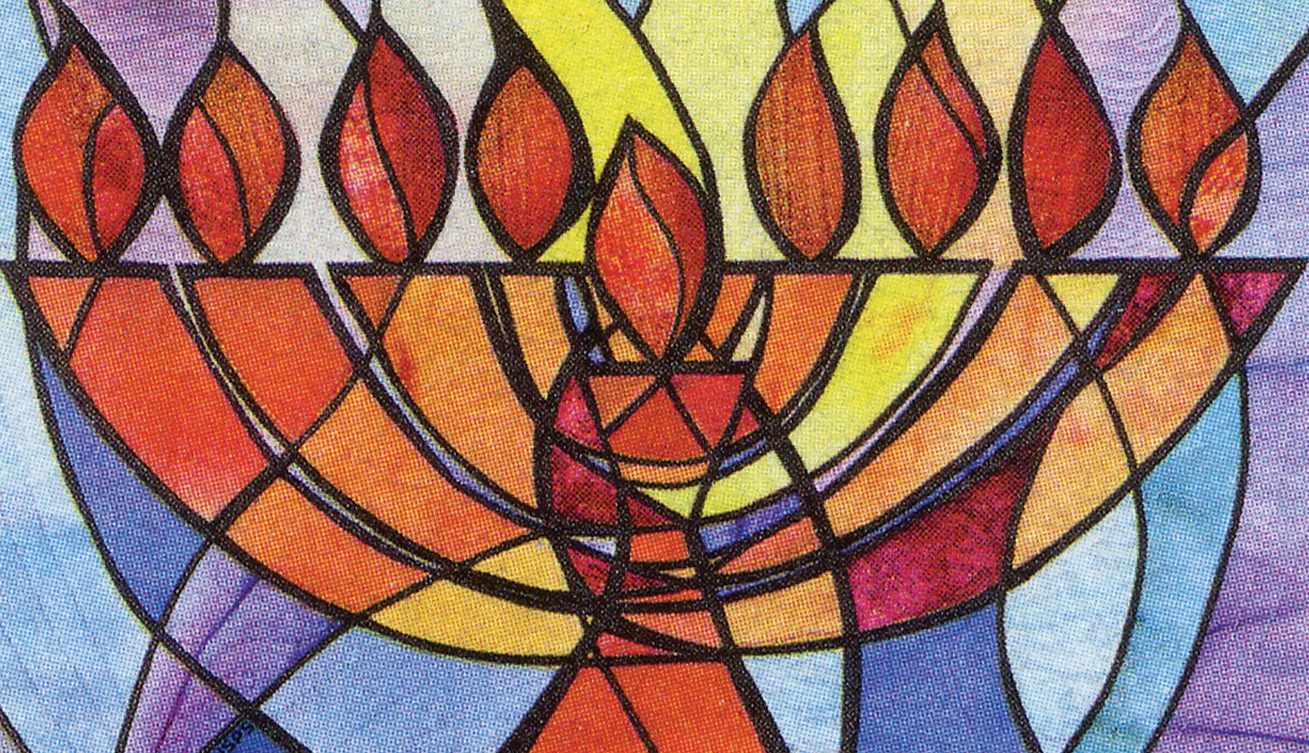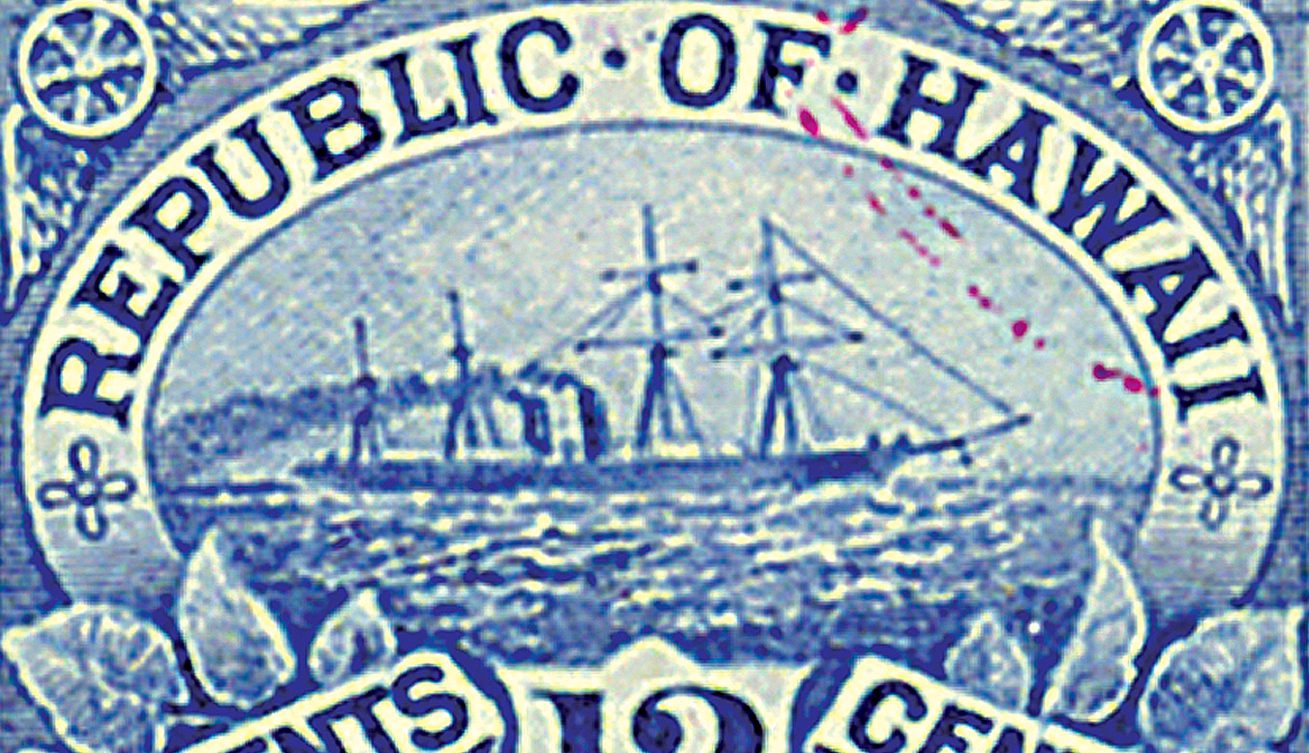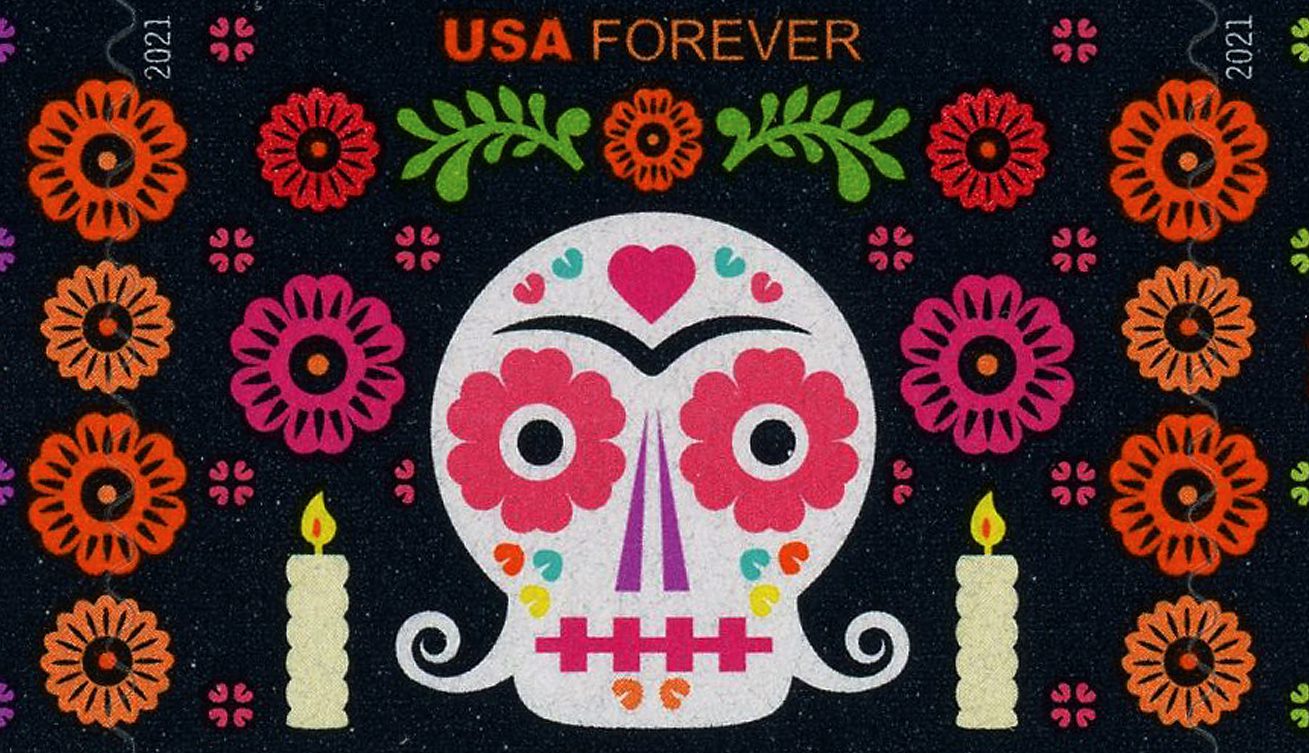Happy New Year’s Eve!
On December 31, 1903, Times Square hosted its first-ever New Year’s Eve Celebration. It’s one of the largest and longest-running New Year’s Eve celebrations in the world.

On December 31, 1903, Times Square hosted its first-ever New Year’s Eve Celebration. It’s one of the largest and longest-running New Year’s Eve celebrations in the world.

On December 24, 1923, President Calvin Coolidge lit the first national Christmas tree outside the White House. It’s a tradition that continues to this day, though it has evolved significantly over the years.

“A Visit from St. Nicholas” was first printed anonymously on December 23, 1823. Eventually attributed to Clement Clarke Moore, the poem gave Americans the version of Santa we have today.

Today, December 18, 2022, marks the first night of Hanukkah. Hanukkah or the Jewish Festival of Lights, as it is sometimes called, begins on the 25th of the Hebrew month Kislev and lasts for eight days.

On December 6, 1964, Rudolph the Red-Nosed Reindeer first premiered on television. Based on a popular book and song, it became an instant classic, appearing on television every year since.

On November 28, 1843, France and the United Kingdom officially recognized Hawaii as an independent kingdom. The day has since been celebrated as Hawaiian Independence Day.

Since 2013, National Bison Day has been held on the first Saturday in November, which falls on November 5, 2022. Once close to extinction, bison populations have recovered due to prolonged conservation efforts and in 2016, the bison was made America’s national mammal.

Celebrated annually on November 1, the Day of the Dead (Día de los Muertos) is a time to celebrate lost loved ones. While the holiday is a relatively modern tradition, its origins date back thousands of years.

Do you know some of the early origins of Halloween? Or how Jack-o’-lanterns got their name? Read on to discover lots of neat Halloween history…